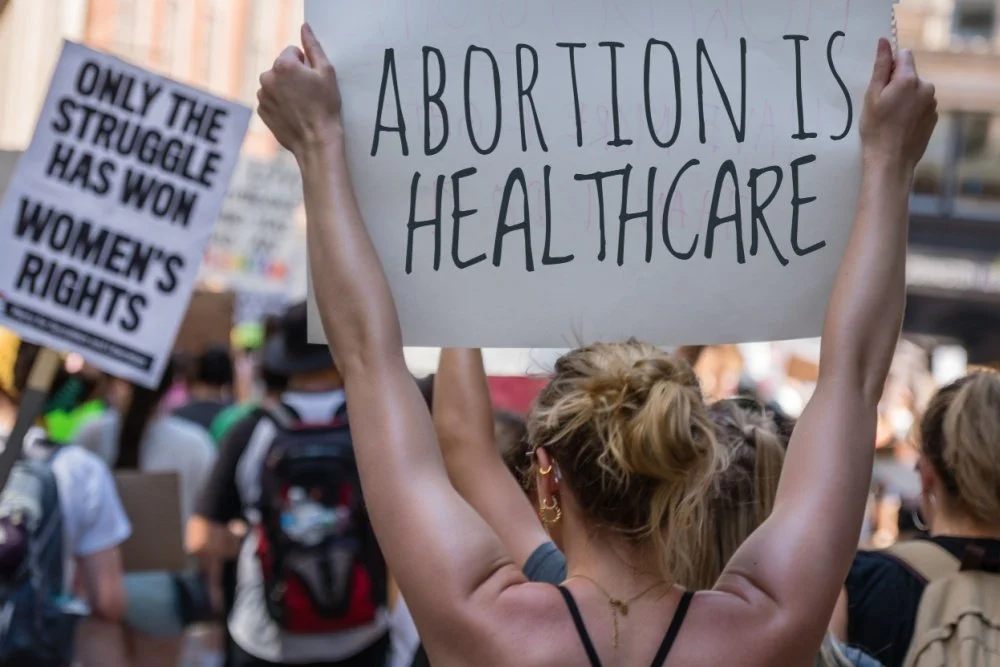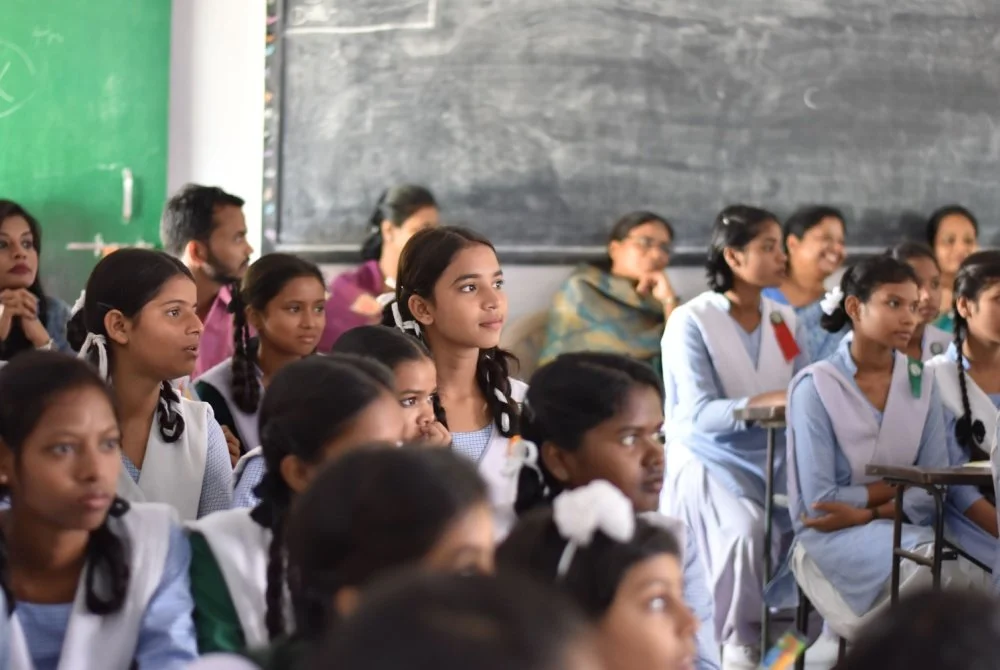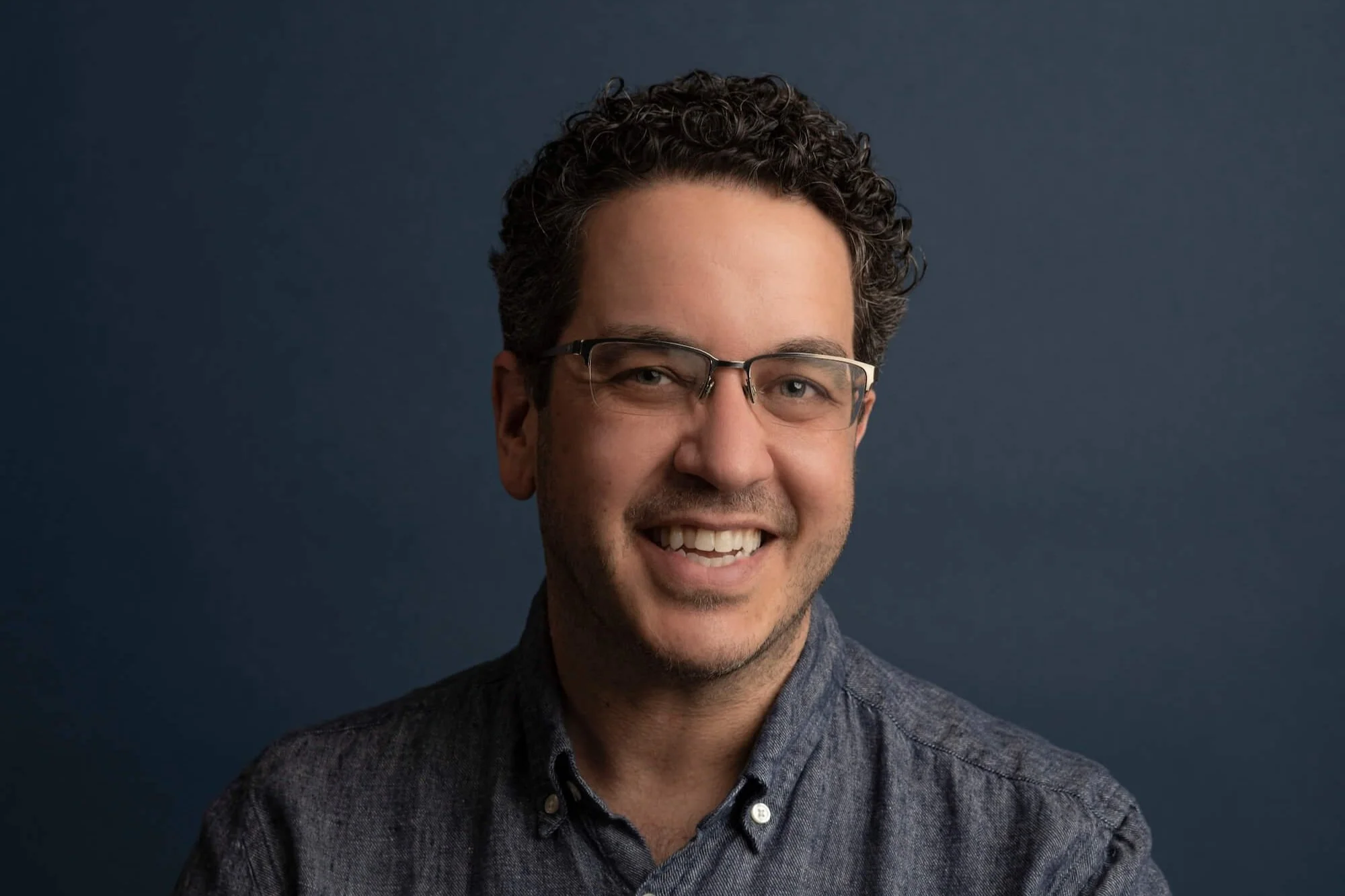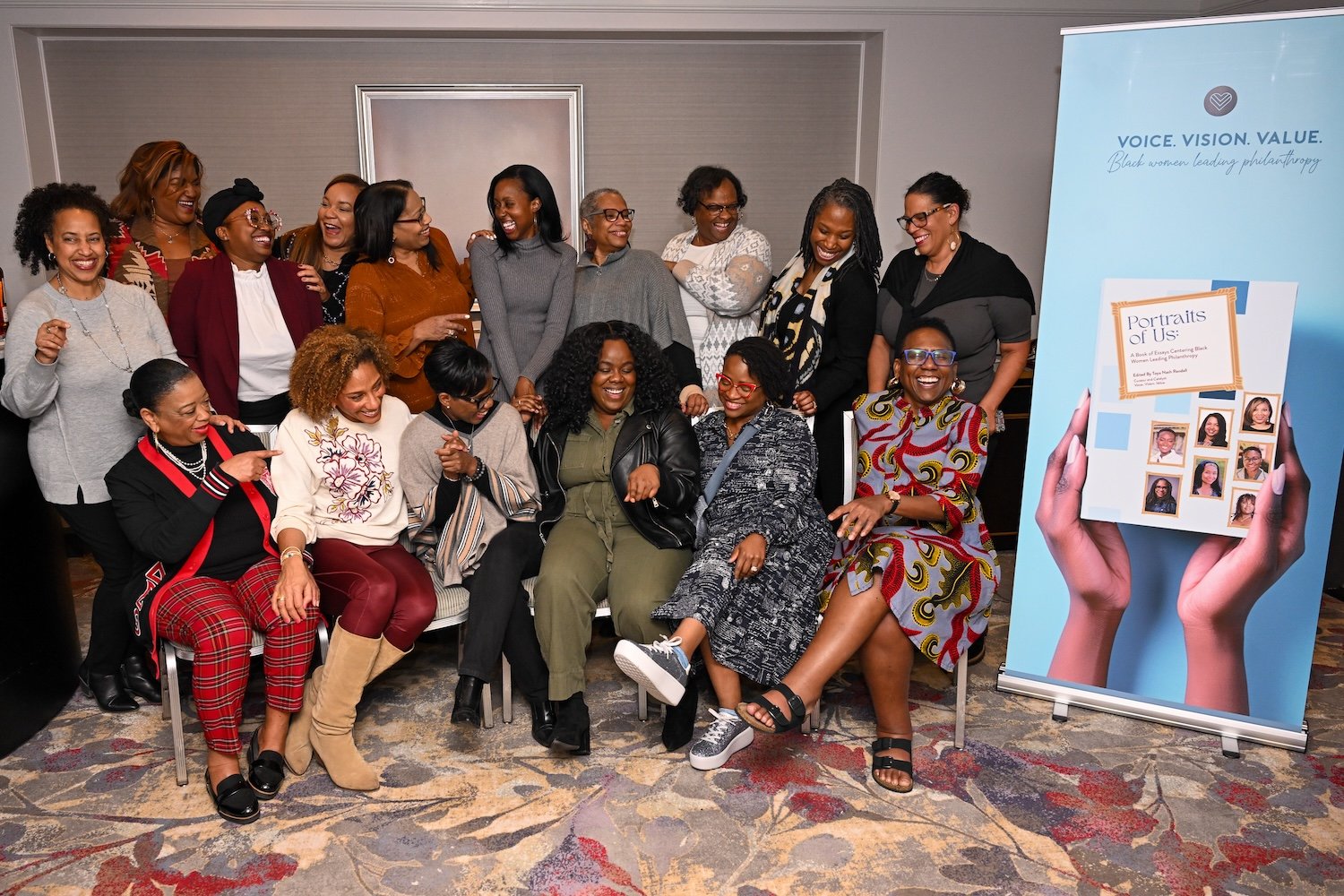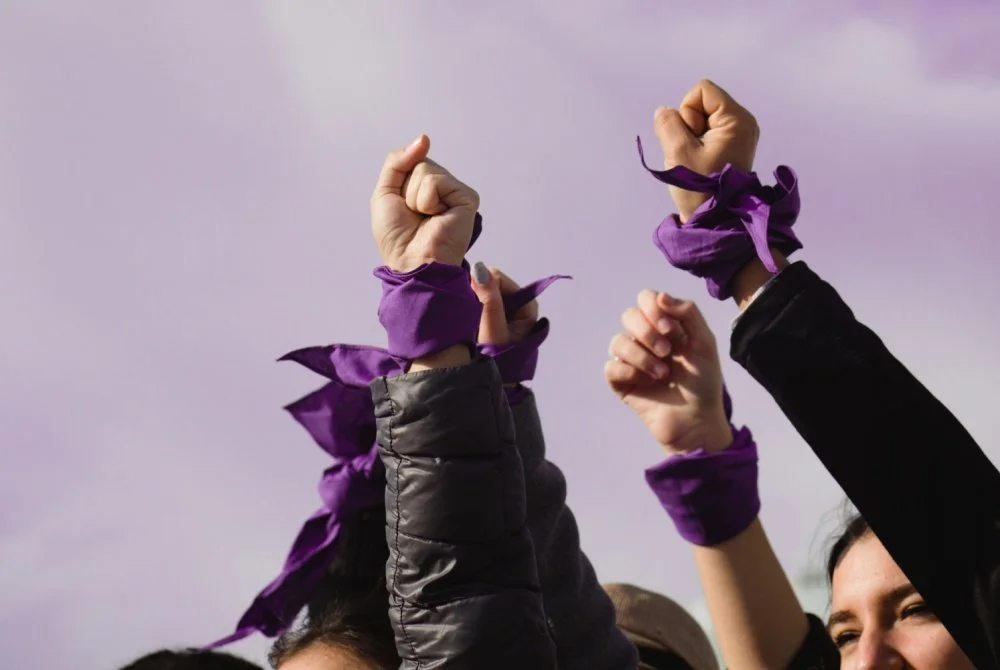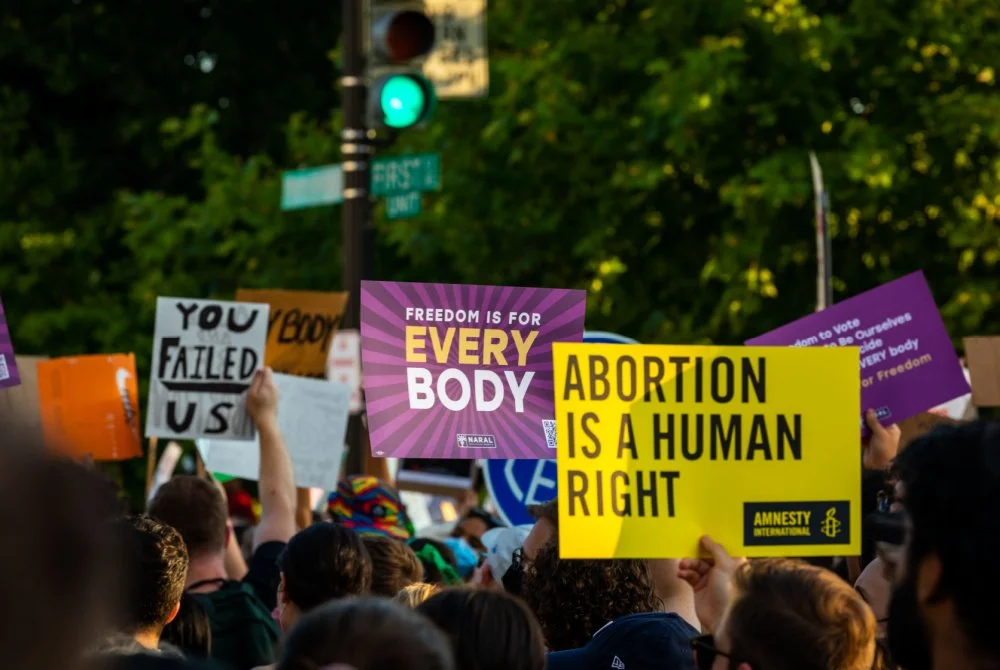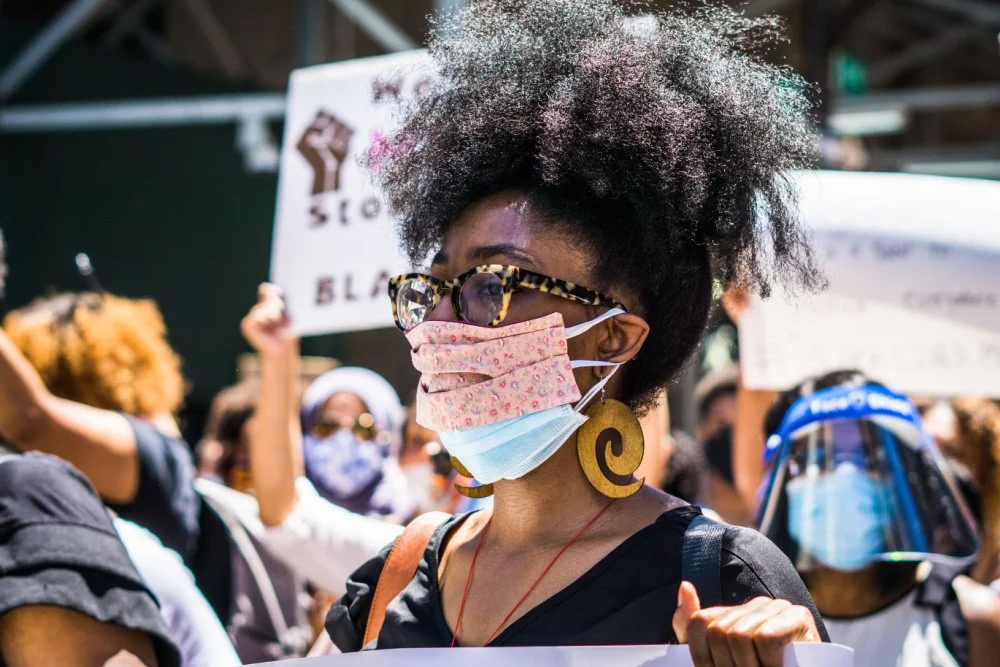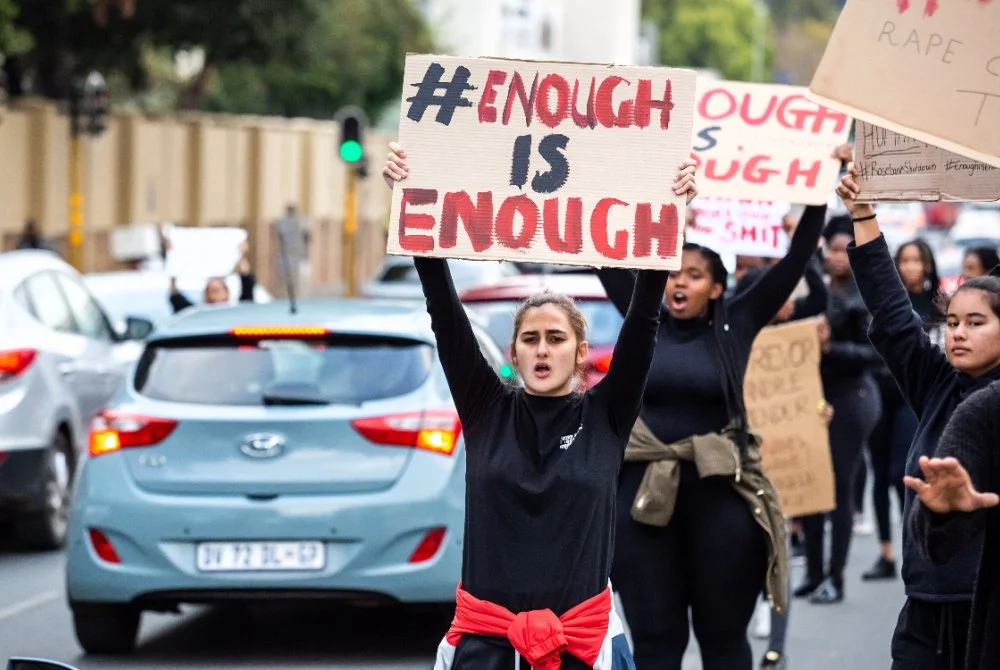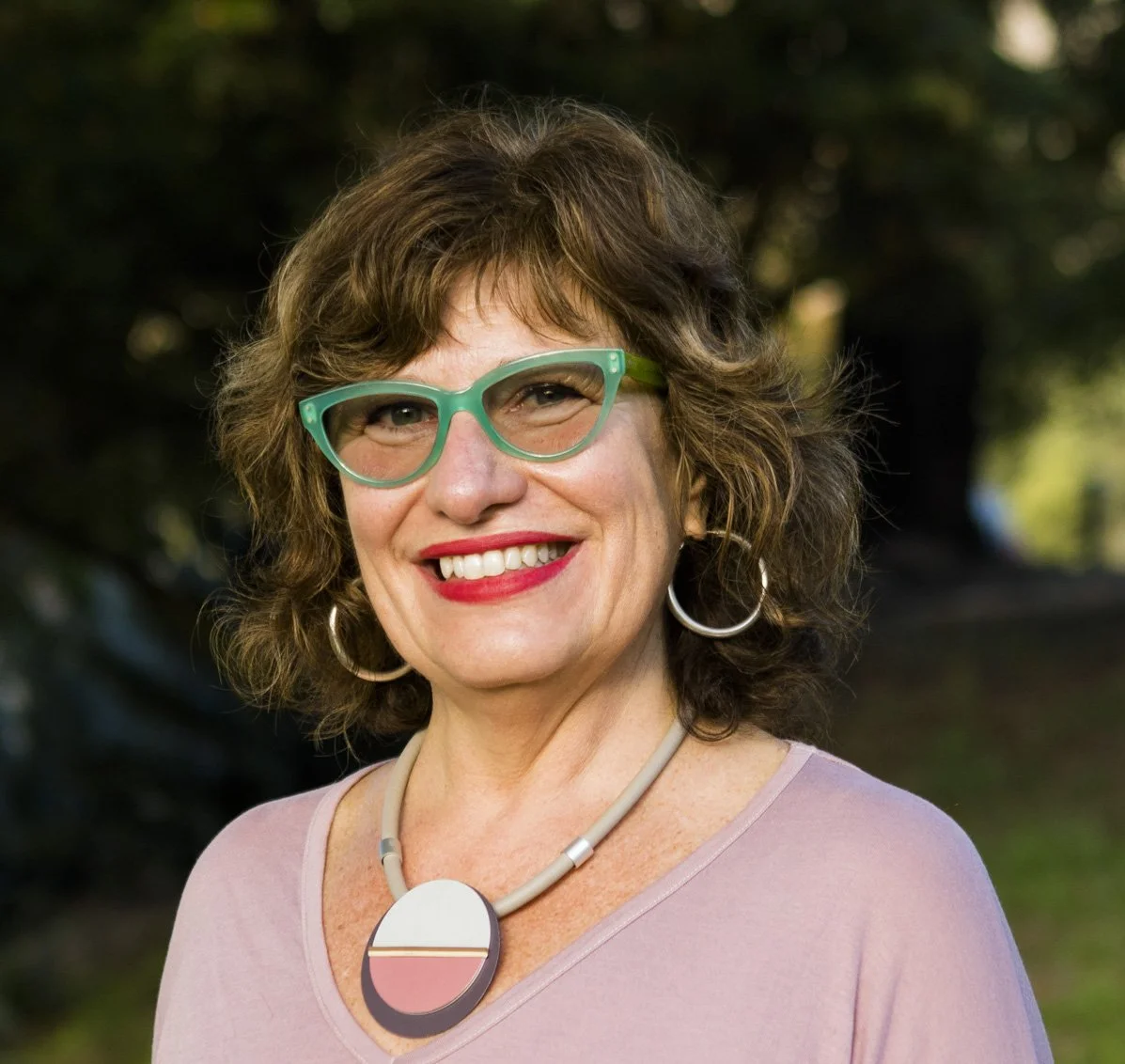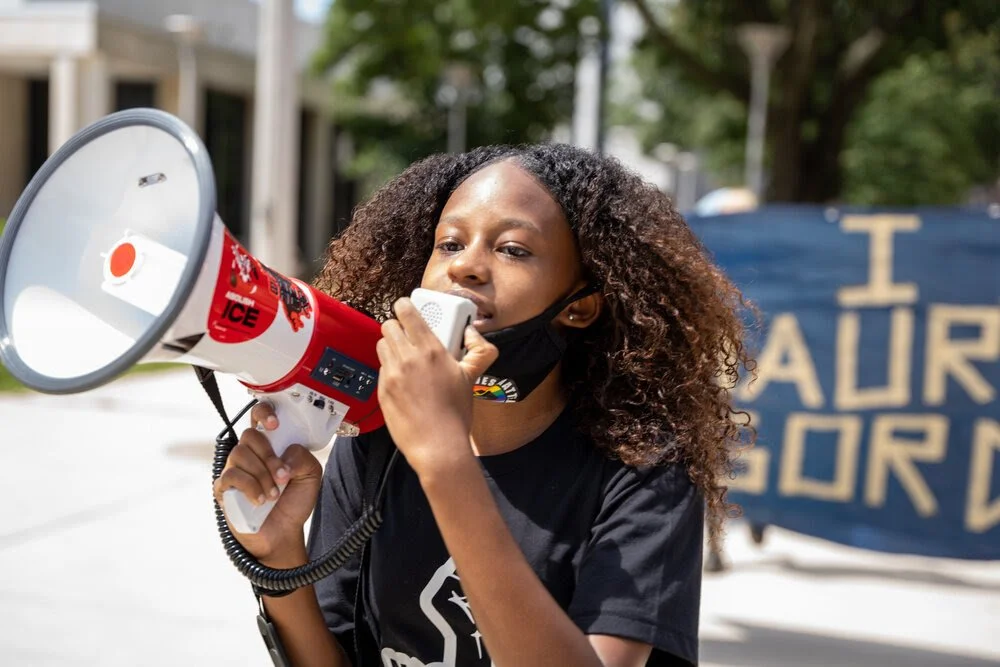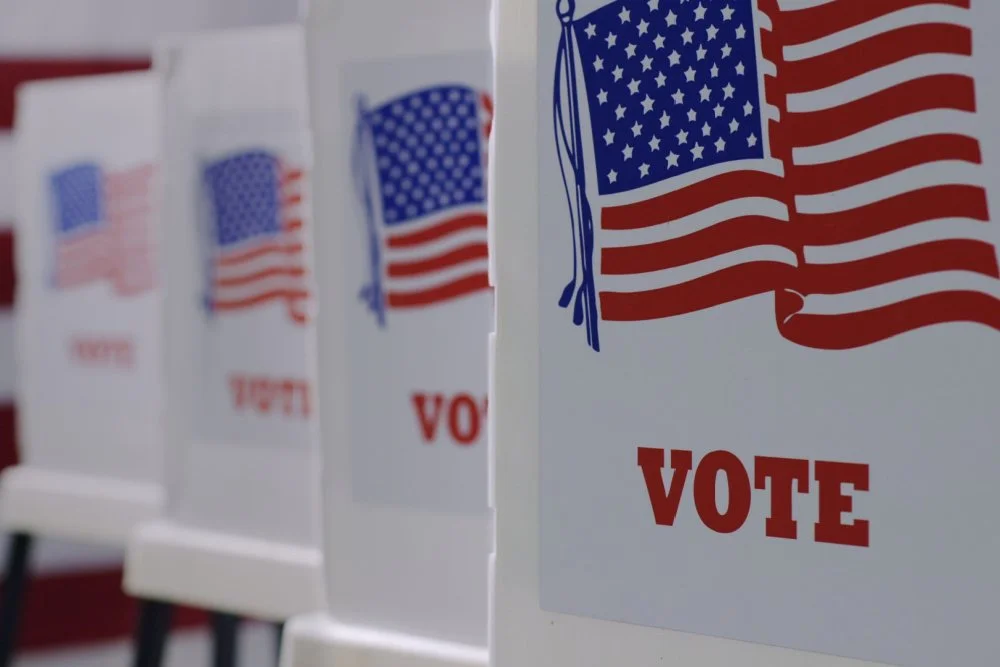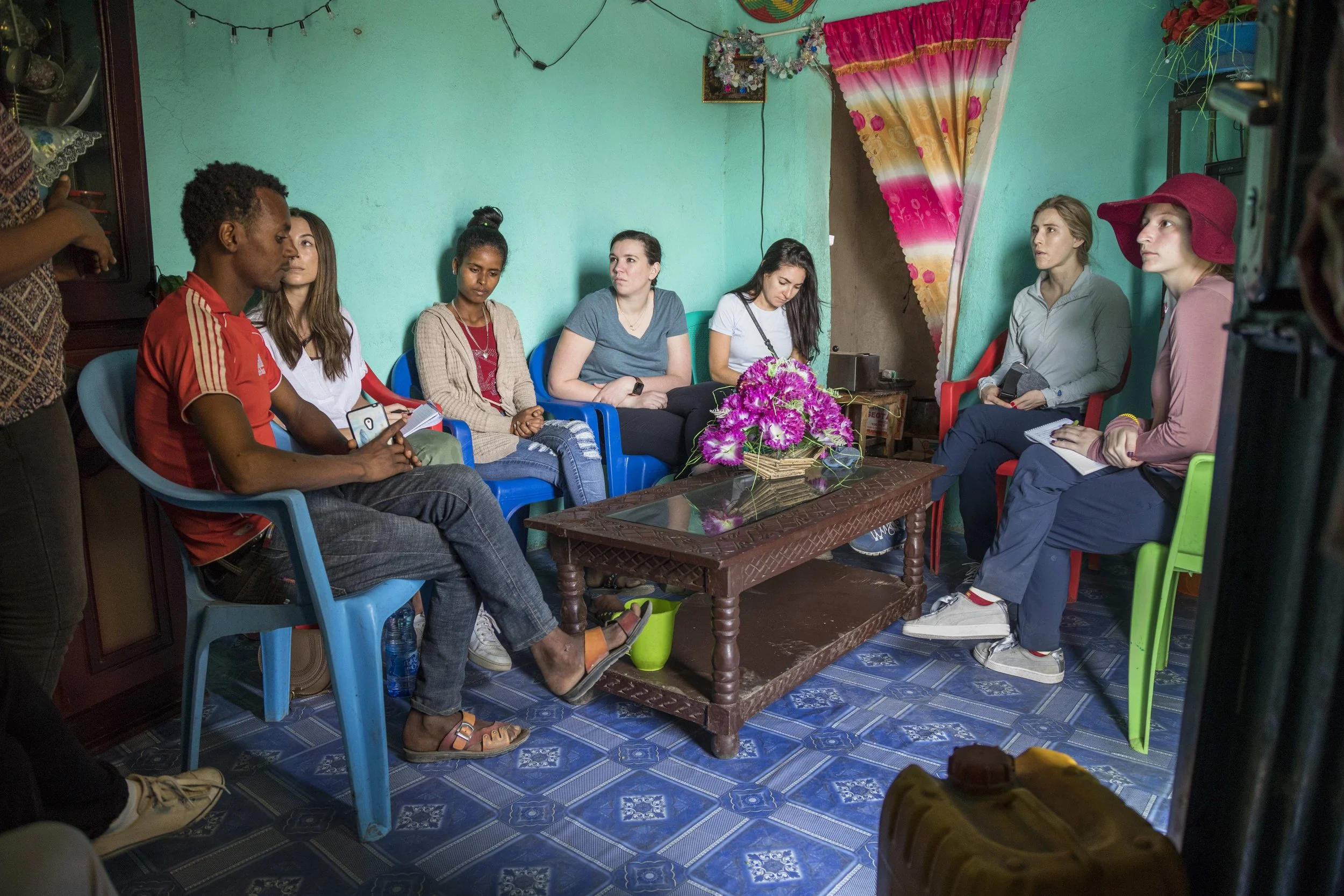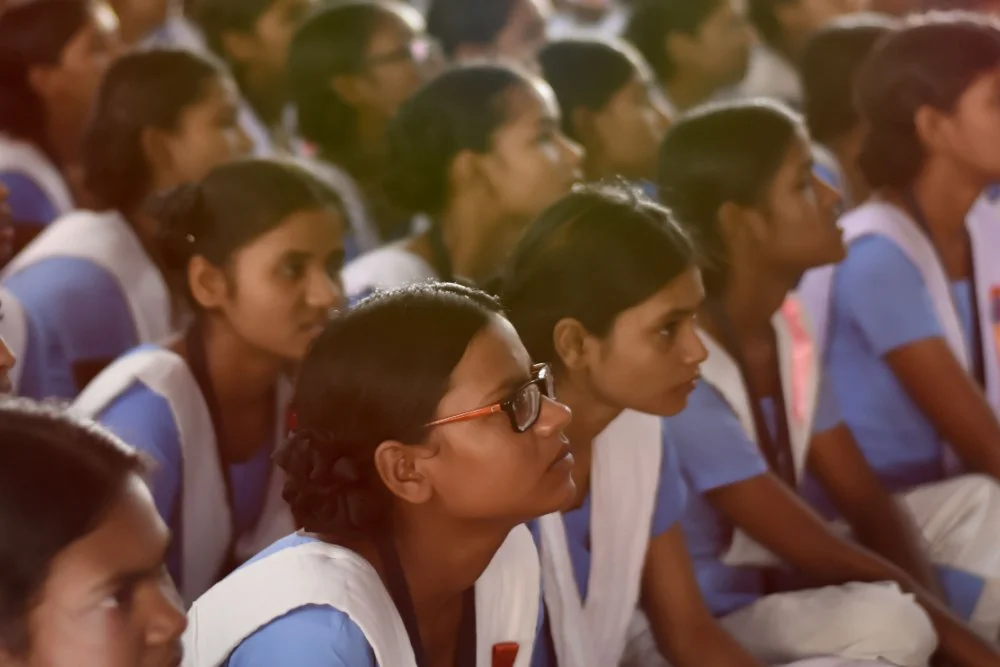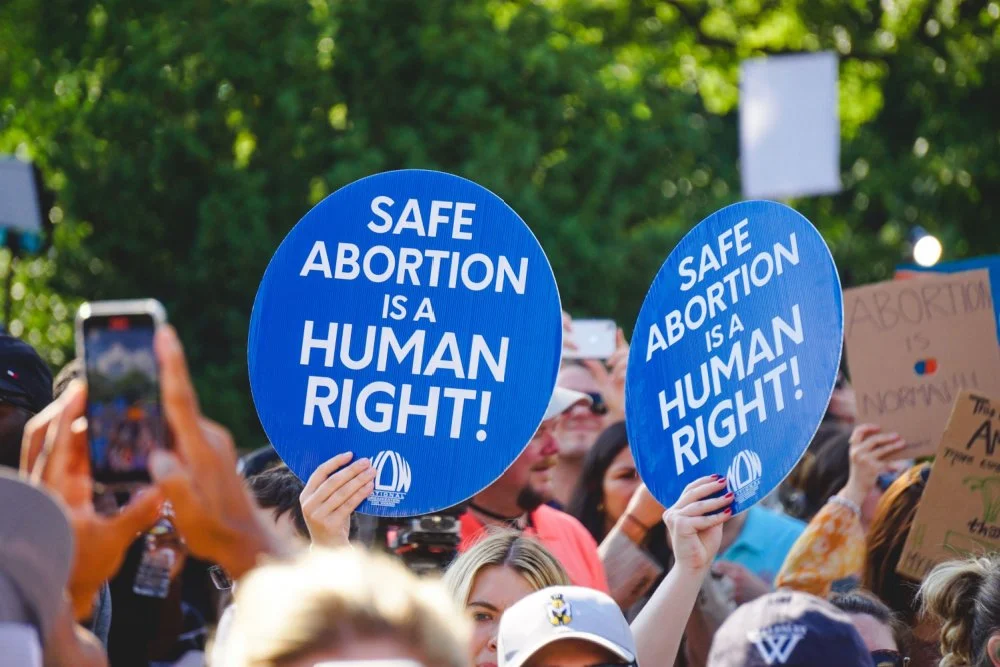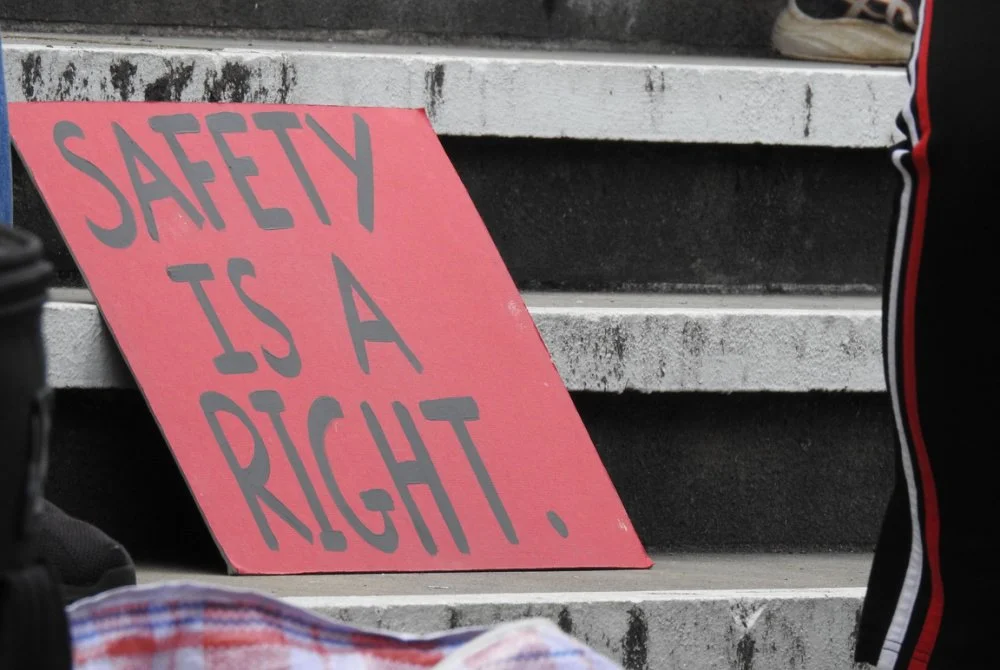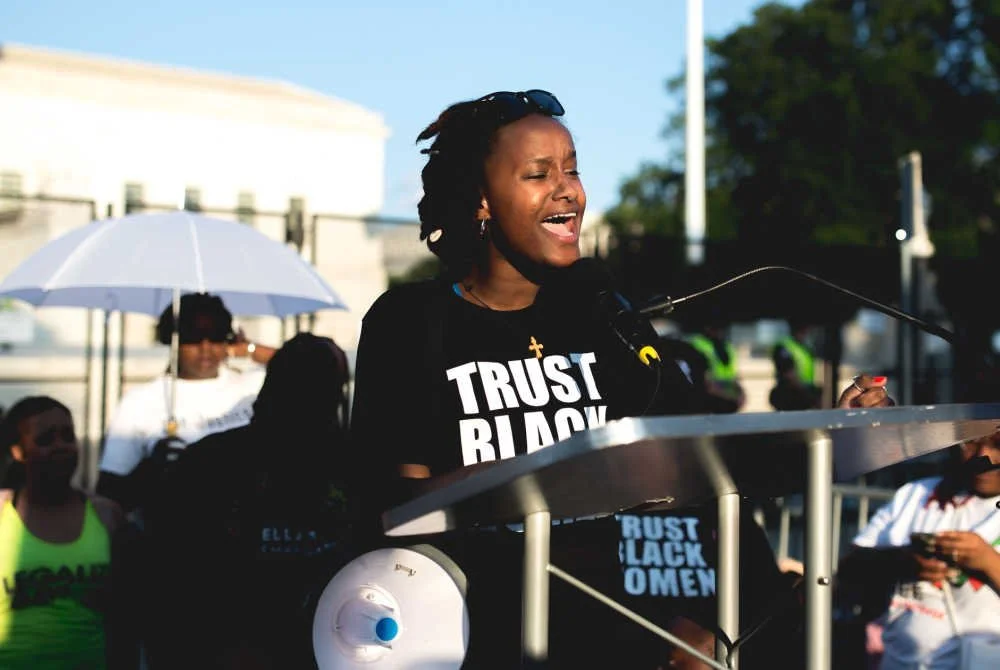No One Can Do It Alone: How Chicago Funders Are Taking on Domestic Violence
/photo: Twin Design/shutterstock
A group of funders in Chicago recently announced the first eight grants from a new fund to address domestic violence called the Family and Interpersonal Resilience and Safety Transformation Fund, or FIRST Fund. The fund is stewarded by the Chicago Foundation for Women (CFW) and its partners, the Chicago Community Trust, Crown Family Philanthropies, the Ellie Fund at the Jewish Women’s Foundation of Chicago, the Michael Reese Health Trust, Polk Bros. Foundation, and VNA Foundation.
Domestic violence affects one in three women and one in four men within their lifetimes, and women between the ages of 18 and 24 are most commonly abused by an intimate partner. Yet despite the pervasiveness of this problem, domestic violence has never risen high on philanthropy’s agenda. Historically, few major foundations or major individual donors have focused in this area, and advocates and practitioners in this space often find themselves scrambling for resources.
As we’ve reported, the FIRST Fund launched in May 2018 and was created in response to a 2017 report called “Connecting to Safety and Stability: Domestic Violence Needs Assessment of Chicago,” produced by the Heartland Alliance Social IMPACT Research Center. This report found that wraparound services and cross-sector collaboration were among the city’s greatest needs in regard to domestic violence (DV).
As with other neglected issues that disproportionately affect women and girls, like sexual abuse and harassment, women’s foundations working in collaboration have played a key role across the U.S. in mobilizing funds to address domestic violence. What’s notable about the FIRST Fund collaborative is that its backers include some of the most prominent philanthropies in Chicago.
“No single organization or funder is going to solve domestic violence; it will take all of us working together,” K. Sujata, president and CEO of CFW, previously told Inside Philanthropy in reference to the FIRST fund. Collaboration is one of CFW’s stated funding principles.
“The causes and contributors to domestic violence are complex and entrenched. Uprooting systems of violence will take collaboration and new ways of thinking,” she also recently said of the new grants totaling $169,150.
The FIRST Fund creators are taking a cooperative, multi-sector approach, developing new relationships and allies among mediators, early educators, young men, and leaders in the labor and immigrant justice movements. Along with traditional social service providers, they are betting on new partnerships in order to find the most efficient and encompassing means of preventing domestic violence and helping survivors.
Other funders are also experimenting with this method, including Fairfield County’s Community Foundation in Connecticut—it’s currently training youth athletic coaches to better understand and prevent sexual assault. Innovative collaborations and cross-sector initiatives continue to bloom in philanthropy. More funders now understand that solving difficult problems requires getting a range of key stakeholders working together, as well as bringing entirely new players to the table. Such approaches can mobilize interlocking sources of community-based support and expertise, along with bigger pools of money.
The list of recently announced FIRST Fund grantees offers a more concrete sense of how this new work will unfold on the ground.
Between Friends provides DV crisis intervention services along with prevention and education programs and will “engage survivors as leaders in developing an economic empowerment toolkit.”
HANA Center offers social services, education and community organizing to “empower Korean American, immigrant, and multiracial communities.” It will team up with KAN-WIN, which addresses violence against women in Asian-American communities, to bring male-identified Asian-American Pacific Islander youth into efforts to stop domestic and intimate partner violence. The groups will organize and support these youths to “challenge traditional gender norms and build male support and leadership” to prevent DV.
Healing to Action cultivates survivor leadership, aims to make gender violence “a priority in the labor movement’s organizing agenda” and engages in “coalition-building to coordinate the efforts of the labor and anti-violence movements to support survivors.”
The Family Defense Center’s focus is justice for families who are part of the child welfare system. It will partner with A Safe Place, the Illinois Department of Children and Family Services (DCFS), and the Illinois Coalition Against Domestic Violence and Chicago Metropolitan Battered Women’s Network, to pilot the placement of community-based domestic violence advocates in DCFS regional offices.
Lake County Crisis Center, AKA A Safe Place offers domestic violence services to survivors and their children. It will use the grant from the FIRST fund to explore how community health workers can better reach “high-barrier and isolated populations” like Latino and African-American families, and the elderly.
Latinos Progresando runs the largest Latino-led, family-based immigration legal services program in Illinois, which includes services for immigrant survivors of domestic violence. It will use the grant to study how best to support immigrant women and their families.
Resolution Systems Institute, Inc. provides resources and service in court alternative dispute resolution processes such as mediation. It will be exploring the development of an online intimate partner violence screening tool for use by mediators and families impacted by violence.
YWCA of Evanston/North Shore will carry out “comprehensive needs assessment and asset mapping” to develop a coordinated response to DV with an emphasis on serving preschoolers and their families.
The backers of the FIRST Fund will be familiar to anyone who works in Chicago’s nonprofit community; among these funders are some of the most prominent supporters of social services throughout the city. And while we cover the individual grantmaking of most of these philanthropies pretty regularly, a striking feature of the Chicago funding scene is how often top funders coalesce behind collaborative projects. Each brings its own strengths to such efforts, and some have much deeper pockets than others.
The Chicago Foundation for Women isn’t among the largest funders in the city, by any means. But it’s a longtime leader on gender equity, recently giving around $1 million per grant cycle. Along with its support for direct services, CFW engages in grassroots organizing, advocacy, research and education. For example, its current 100% Project is “an all-out, all-in, coordinated effort to increase women’s economic security and put an end to gender bias in metropolitan Chicago by 2030.” It began in 2015 with a series of conversations with more than 500 Chicagoans from “every walk of life” about the big issues for women and girls and how best to address them. CFW plans to bring together partners, including its grantees, philanthropic institutions, other nonprofits, and special interest networks, to meet the 100% Project goals. A few of its many ambitious undertakings include a program called Male Champions of Change designed for men in leadership positions, workplace bias training, mentorship programs, and multiple policy goals.
Local women’s foundations like CFW have been working with greater urgency since the 2016 election. “At a time when the federal government—and the governments in many states—are actively weakening policies that advance women’s well-being, funders need to stand firm and fully invest in advocacy and related policy activities,” Surina Khan, CEO of the Women’s Foundation of California, and Lee Roper-Batker, president and CEO of the Women’s Foundation of Minnesota, wrote for Inside Philanthropy.


